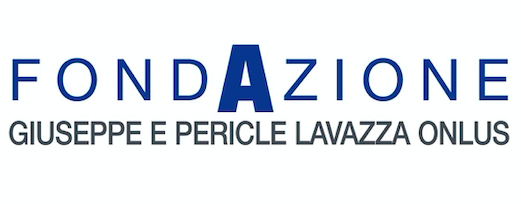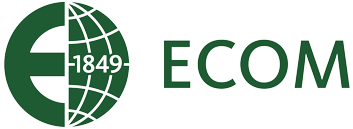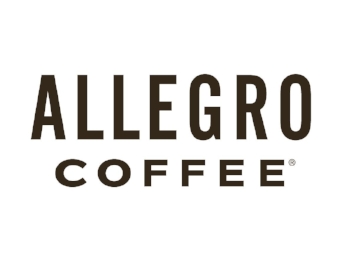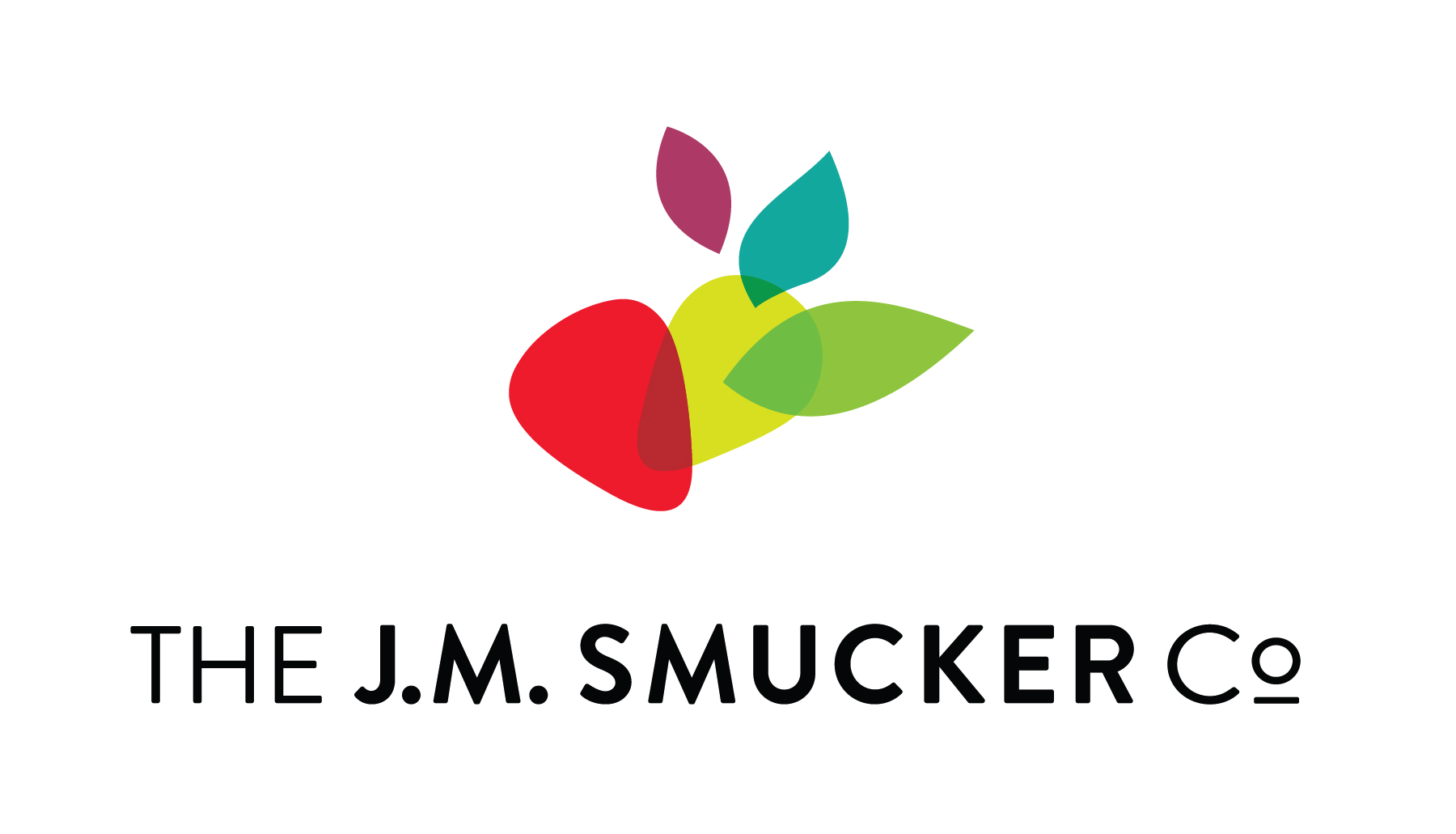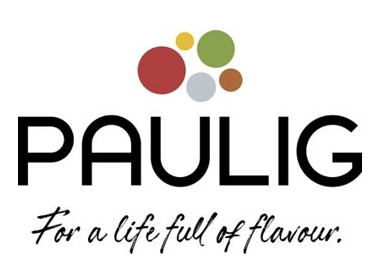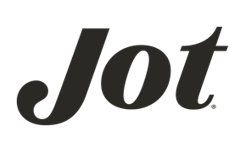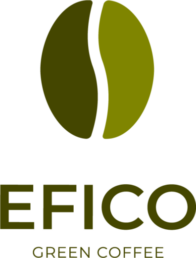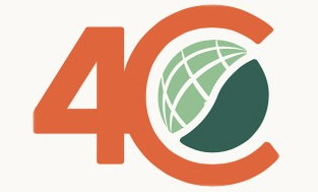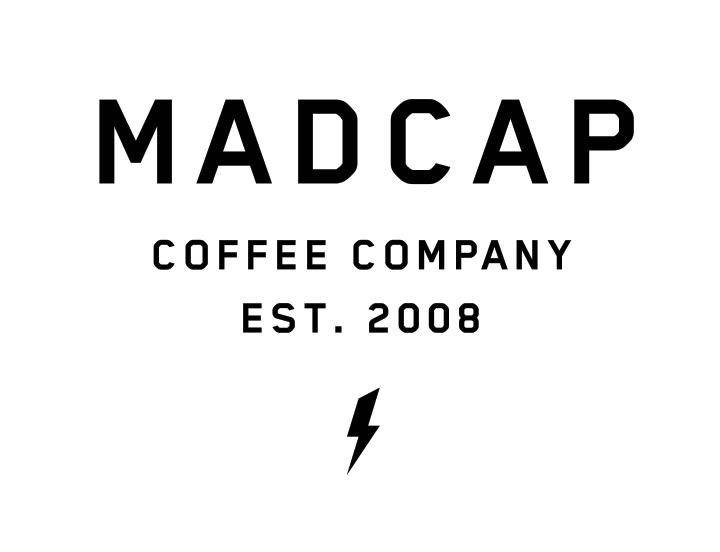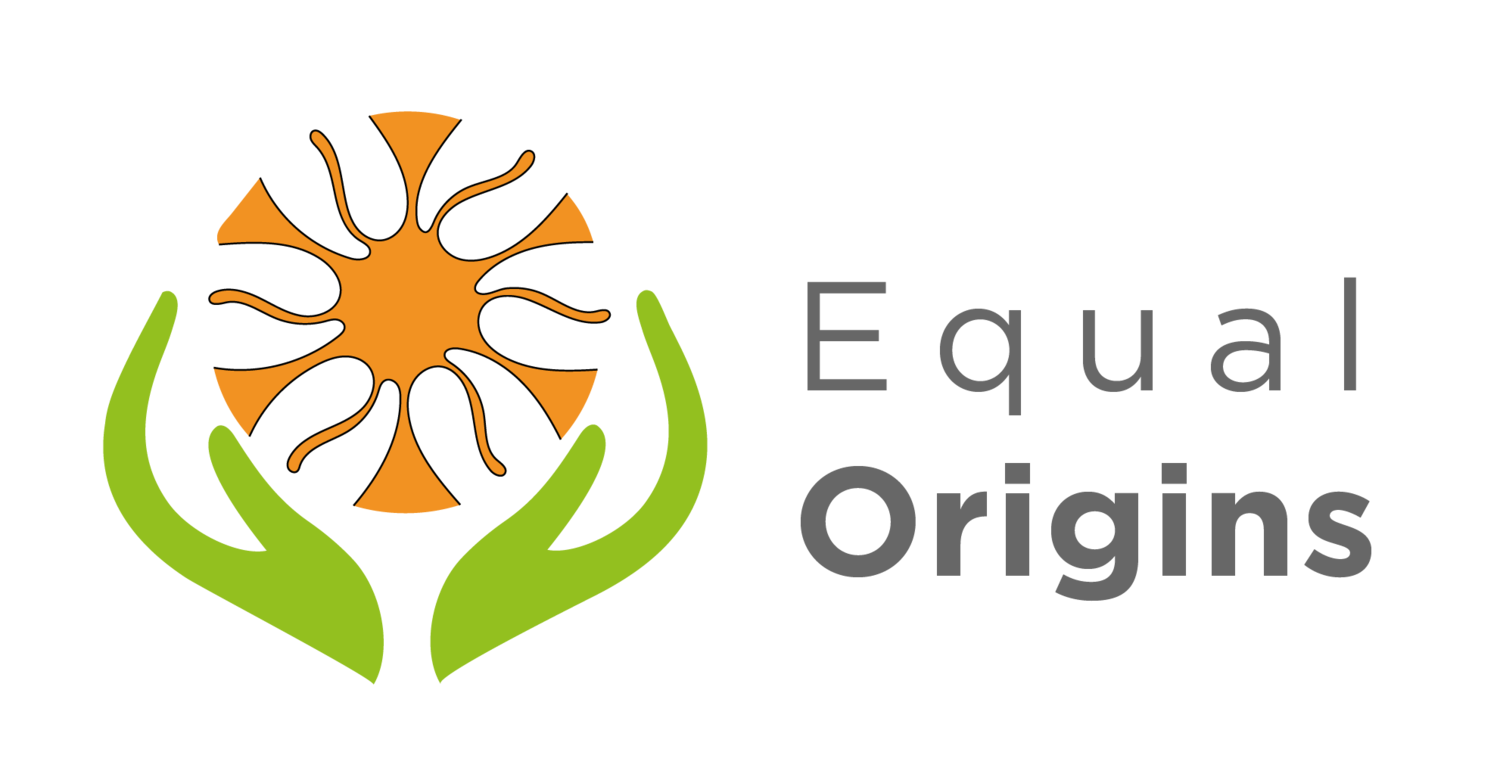About Us
Making the World a Better Place For All of Us
Make a Donation
Join the Movement

The Issue
Gender gaps and inequities are especially prevalent in coffee-cocoa-producing countries, which means that farmers around the world are not producing to their fullest capacity. On smallholder farms producing 80% of the world’s coffee and cocoa, men and women often have specific roles on the family farm. Women typically do the majority of the work that directly impacts quality and yields while men control transporting and selling. Despite the importance of plant care, harvesting, processing and sorting to a better, more quality-centered coffee-cocoa-growing business, women are often excluded from decision-making processes. Furthermore, they have less access than their male counterparts to vital resources, including adequate remuneration, land, credit, agricultural inputs, training, information and leadership opportunities.
Coffee and cocoa companies and leading development agencies alike agree that addressing gender inequalities is key to ensuring the future of coffee / cocoa and improved well-being. Promoting gender equity within the coffee and cocoa sector improves the viability of smallholder coffee and cocoa farming as a family business and prepares more women as well as men to better meet industry demands. Increasing women’s participation in parity to men’s participation in supply chains can also lead to significant improvements in crop productivity and quality, as well as global food security and poverty reduction.
These insights across the coffee and cocoa lifecycle–moving from local households to producer organizations to global markets and back again–can guide industry best practices and build support for gender equity investment within the supply chain. Through an ‘action learning’ approach leveraging human-centered design practices, together we can achieve real and measurable results

Our Response
As the coffee and cocoa industry benefits from greater transparency and consumers are more focused on how their coffee and cocoa is sourced, inequities between genders are an increasing risk in the value chain. With multiple crises threatening coffee and cocoa supply and improved production, the gender gap is not only risky, it is unnecessary. Industry has the power to engage the full capacities of female and male farmers to address both industry profitability and human rights. A sustainable coffee and cocoa sector demands gender equity.
Make a Donation
In response, Equal Origins is creating common tools and methodologies to support the coffee and cocoa industry’s engagement and investment in gender equity across the value chain. These tools will serve to improve the livelihoods of producers and enhance the sustainable supply of quality coffee and cocoa. Our approach comprises three stages: starting with scientific research, moving into strategic pilot projects and tool creation, and finally leading to our support of scalable investments throughout the industry. By harnessing the power of collective action within the industry, growers, buyers, exporters, importers, roasters, private foundations, development agencies, academic institutions and more can create a positive impact from community to cup, and for every step in between.
Theory of Change
Equal Origin’s Theory of Change highlights the importance of working at varying levels of the supply chain. By focusing on inequalities between genders, starting with the most vulnerable sector (smallholder farmers), industry actors are able to shift power dynamics in households and positively influence behaviors. As family farming becomes more lucrative, men and women must learn to share responsibility and decision-making in order to increase household productivity. This will increase the value seen by and commitment of producer organization to invest in gender intervention. As such, their competitiveness will increase as gender equitable approaches become more incorporated into their own policies and practices.
As a result of this transformation, the end market will become even more mobilized to work with gender-equitable businesses and organizations, building incentive structures into their own supply chain and investing in collaborative approaches to gender intervention. This begins the cycle anew of more empowered households and producer organizations.
Some Of Our Partners & Sponsors

